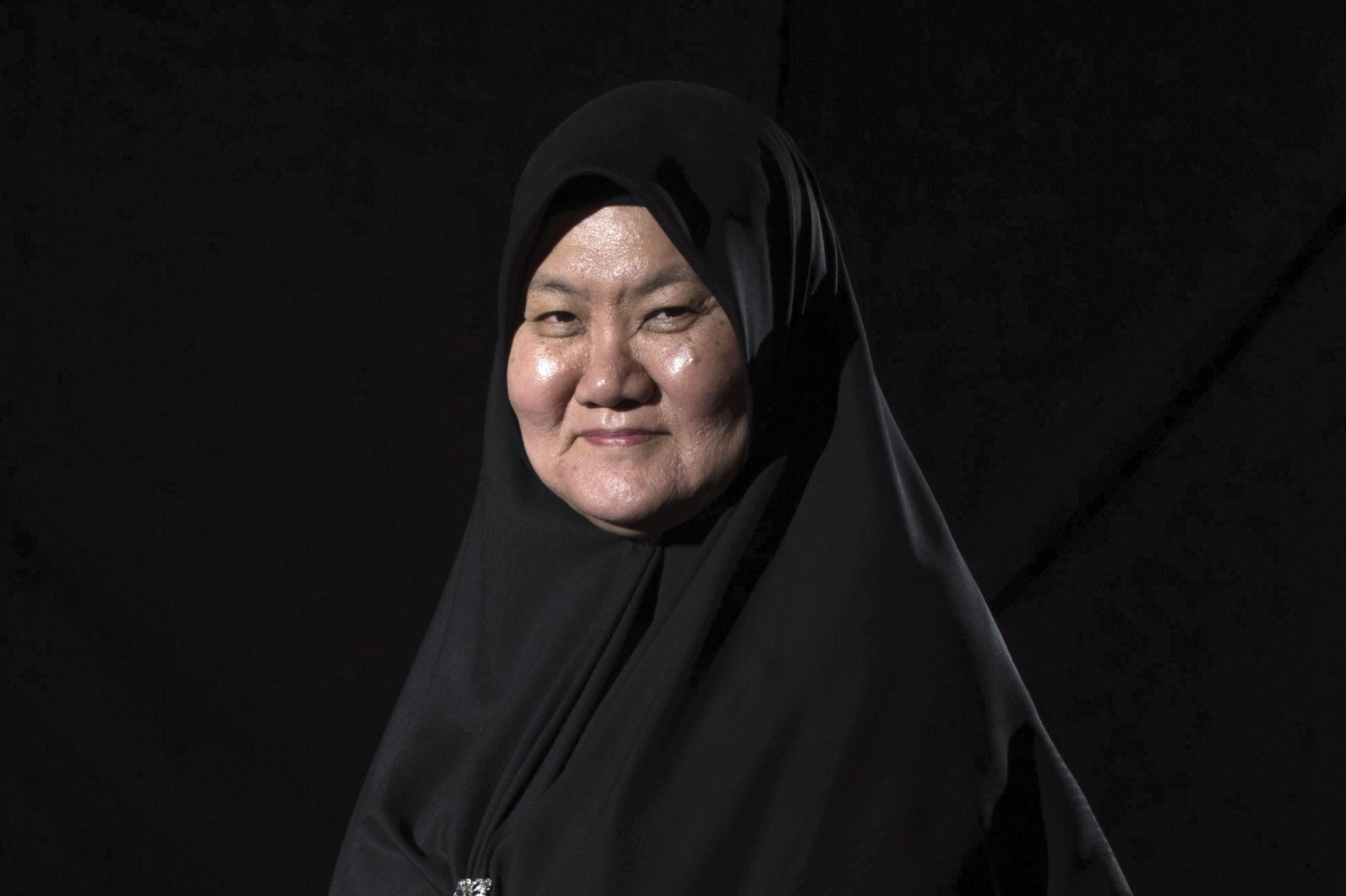By Prof Dr Widad Othman, Deputy Vice President (Academic), OUM

OUM tutors play a crucial role as the academic interface between the University and its learners. The tutors’ role, though, is not limited to providing academic guidance. Just as importantly, they are trained and mentored to deliver pastoral care to adult learners with multifarious dispositions from wide-ranging backgrounds.
“OUM tutors are cognisant of the fact that open and distance learners need to be embedded within a support network of tutors and peers constituting a community of learning”
This dual emphasis is in recognition of the challenges that open and distance learners typically face as they come to grips with being back in formal education even as they continue to juggle work and life responsibilities.
OUM tutors are cognisant of the fact that open and distance learners need to be embedded within a support network of tutors and peers constituting a community of learning to ensure that they do not become isolated and risk slipping through the net.
They know that the most common issues faced by learners relate to the paucity of self-direction, study skills, and skills in managing time, workload and stress. They have seen first-hand, for example, how learner procrastination commonly leads to a last-minute rush to cover as much ground as possible, which in turn results in anxiety and mental block in the face of the looming examinations. These and other obstacles to learning need to be addressed by tutors both online and face-to-face, which is in itself a challenge.
“[P]roviding effective pastoral care calls for tutors to be approachable and empathetic.”
In the first instance, providing effective pastoral care calls for tutors to be approachable and empathetic.
Of course, some are more natural at this than others but the trait can be consciously inculcated. In any case, as experienced academics would attest, demonstrating approachability is often much less demanding than may be imagined.
It is but a misconception that providing pastoral support requires tutors already weighed down by heavy workloads to spend an inordinate amount of time on their learners.
What is overlooked is that simple gestures like calling our learners by their names, exchanging a few friendly words with them, and sparing a minute or two to offer them encouragement are in most cases sufficient as the first steps towards creating goodwill and openness.
Notwithstanding, just as there is a risk of doing too little in providing pastoral care to learners, there is also a risk of overextending oneself despite the best intentions.
Tutors need to exercise good judgement in deciding when intervention may be counterproductive for the learners. While one cannot be prescriptive about it, one should always keep the goal unwaveringly within sight: to provide support without causing the learners to become over-reliant on that support or to forgo their responsibility towards their own studies.
In sum, providing pastoral care is not the same as acting as a full-fledged counsellor; nor is it equivalent to being singularly responsible for helping learners to sort out every problem big or small that they may be facing. It is rather, simply, to act with human warmth and empathy, all with the knowledge that small gestures of goodwill and a little compassion can go a long way.
